
About Care Talk
Welcome to Care Talk! This blog was founded by Nancy Folbre to engage researchers, students, journalists, and others interested in the “care sector”– an important part of our economy devoted to the direct care of others through the family, the community, the market, and the state. In collaboration with Jocelyn Olcott and the Revaluing Care in the Global Economy network, the blog now features posts by researchers working in the quantitative and qualitative social sciences as well as the humanities to explore the problems of 1) how to measure economic contributions made by families and communities; 2) the shortcomings of the standard “business model” based on profit maximization and consumer choice as a means of delivering effective care services through the market; 3) poor institutional design in the U.S. public sector, which often fails to deliver equitable, efficient, or politically sustainable systems of care provision; and 4) the analysis of alternative models for ensuring equitable access to and valuation of both paid and unpaid care.

The Care Economy Revolution
Two very different projects argue that the care economy could bring about the end of capitalism as we know it.

Care is Climate Infrastructure: Report from COP30
COP30 in Belém showed that there is no possible climate justice without placing care at the center of global solutions and investments.

Taxing the Top
As the distribution of both wealth and income has become unequal, political efforts to tax the top to finance investment in public goods like childcare have gained traction.
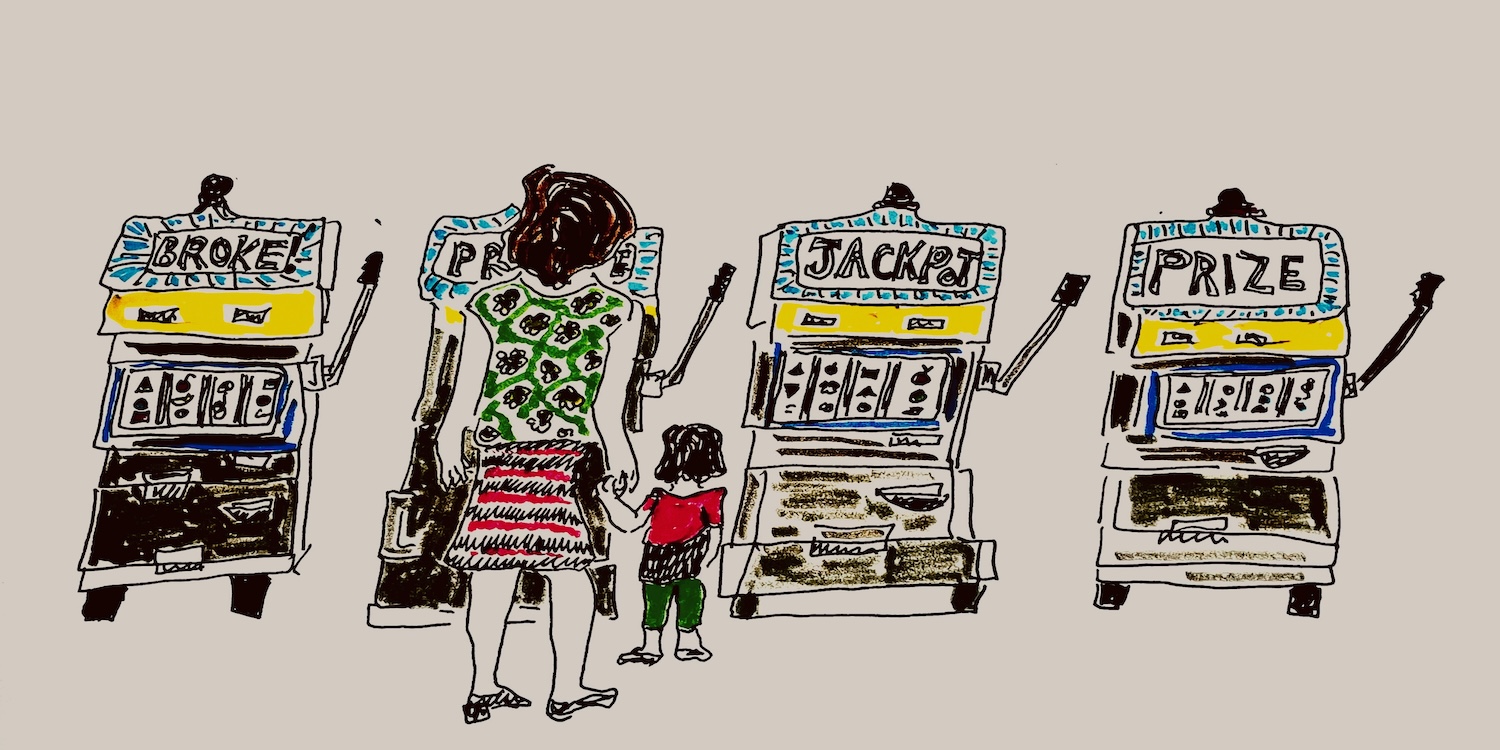
The Motherhood Gamble
While many mothers will enjoy adequate support from a partner, a considerable number are likely to pay a disproportionate share of the costs of raising children, putting their families at risk of poverty.
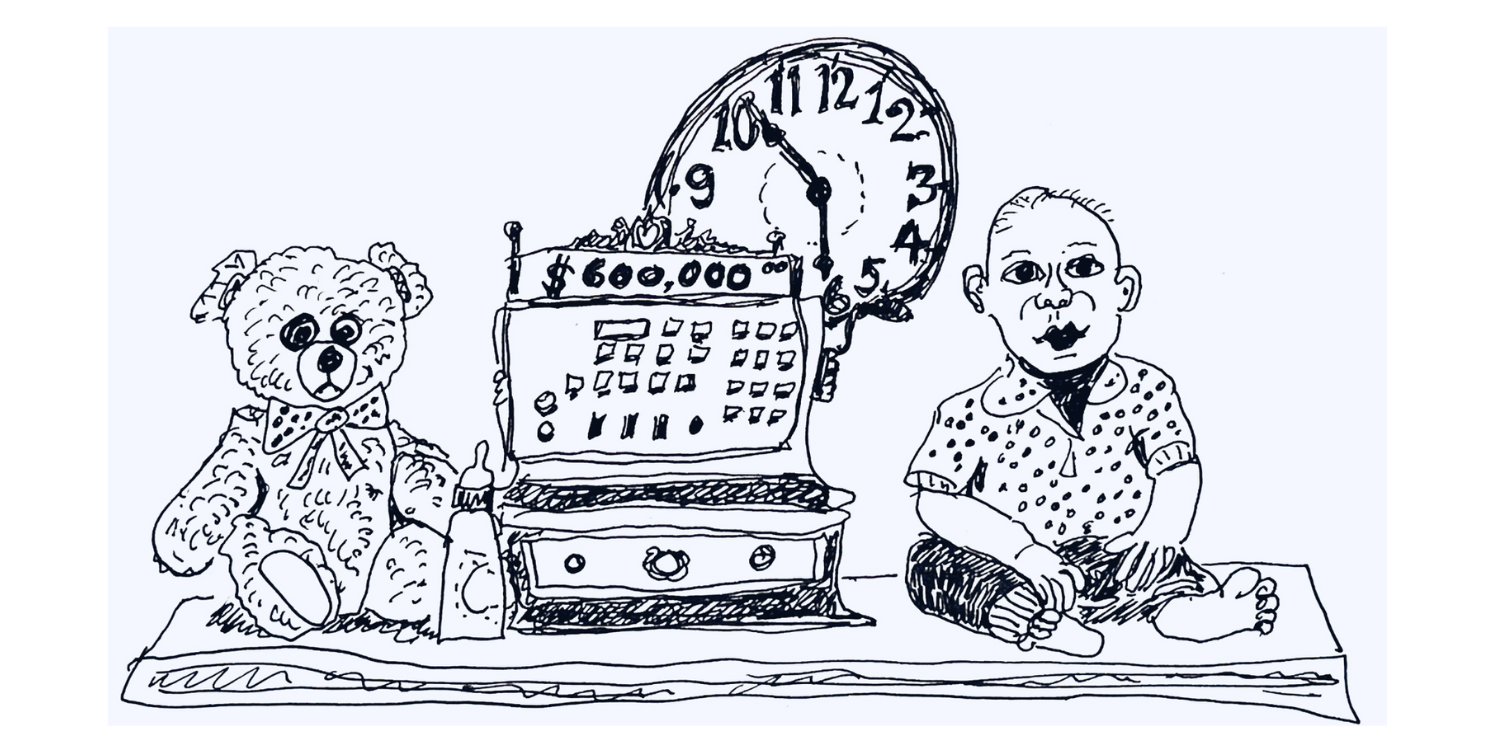
The Underestimated “Price of Parenting”
The private cost of raising children in the United States is at least twice as high as recent estimates suggest.
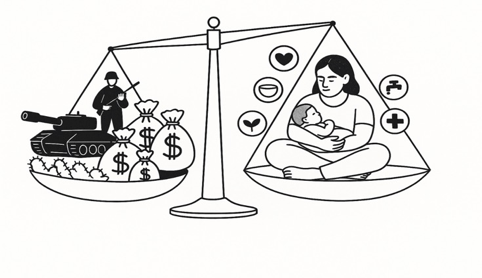
The First 1,000 Days of Life Are the Real National Security
What if early childhood care is the key to preventing violent conflicts?
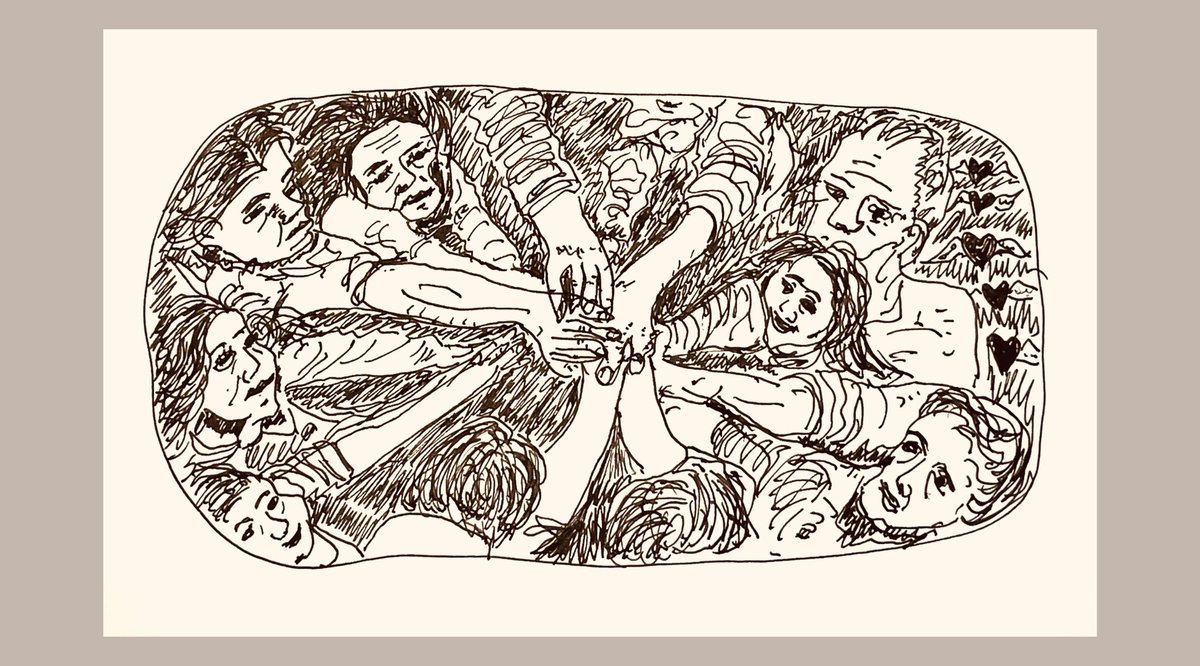
The Care Tide: Laying the Foundations for Transformative Policies in Latin America
A hard-fought campaign to recognize care as a human right has scored some important wins this month.
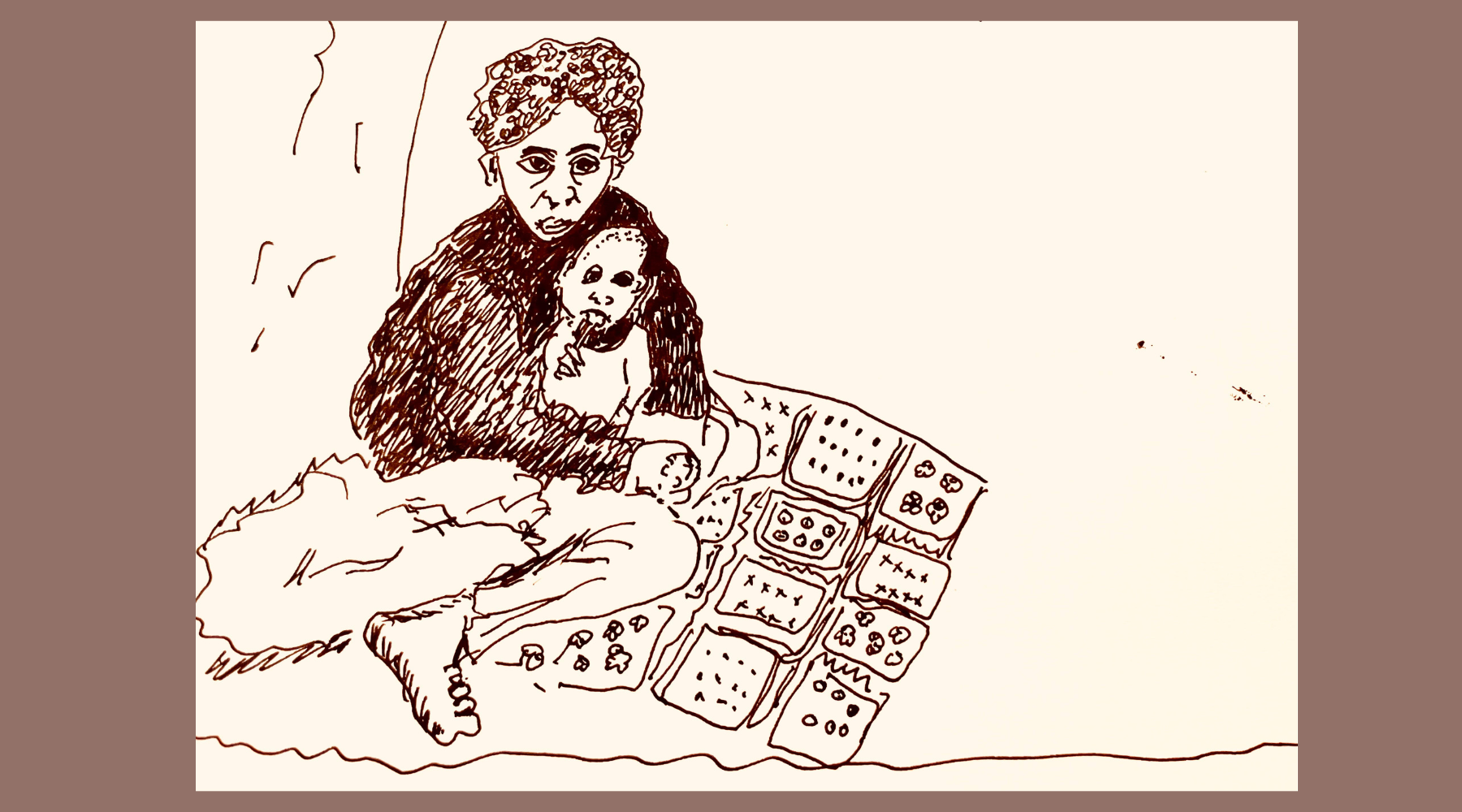
More Babies or Better Care for Newborns?
Pronatalists show remarkably little concern for the well-being of children already born—or their parents.

Learning from Migrant Care Workers About Transformative Ethics
The intersection of eldercare and migration reveals critical blind spots in dominant understandings of care ethics and practice.

Medicaid Kayfabe: Fake Wrestling
A close look at the games Republicans played with their Big Bad Cuts to Medicaid.
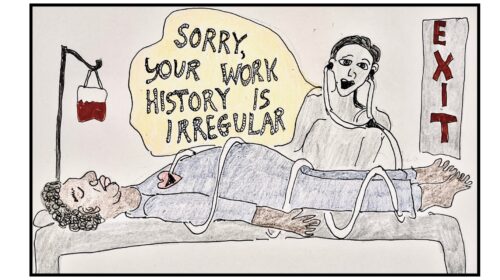
The Stealthy Strategy to Strangle Medicaid
Republicans want to make it even harder for low-income people to get health care.
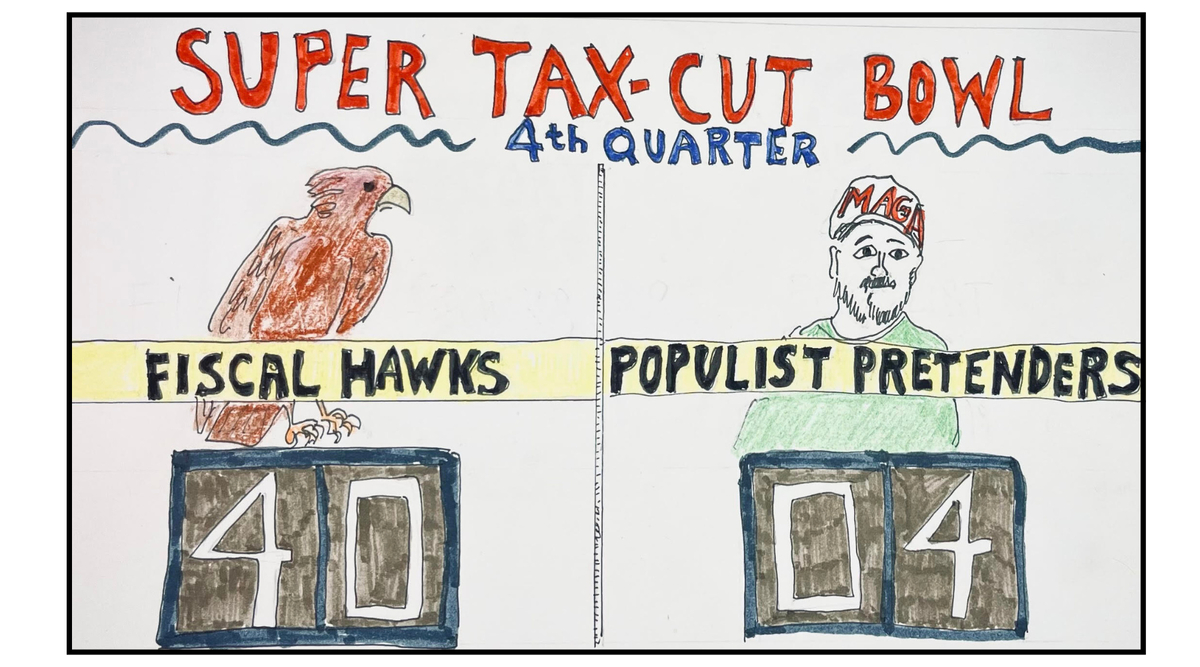

Raising the Bar: Public Employment and Paid Family Leave in North Carolina
Advocates of paid family and medical leave try a novel approach. Research into efforts to move paid leave forward at the municipality level reveals surprising results.

What Labour Justice? Care Work as a Duty & Social Welfare
The concept of the worker-citizen, embedded in the Indian Constitution, raises questions about the implications for care workers.

The Care Ethics Research Consortium
Maurice Hamington reports on the recent CERC conference in Utrecht.